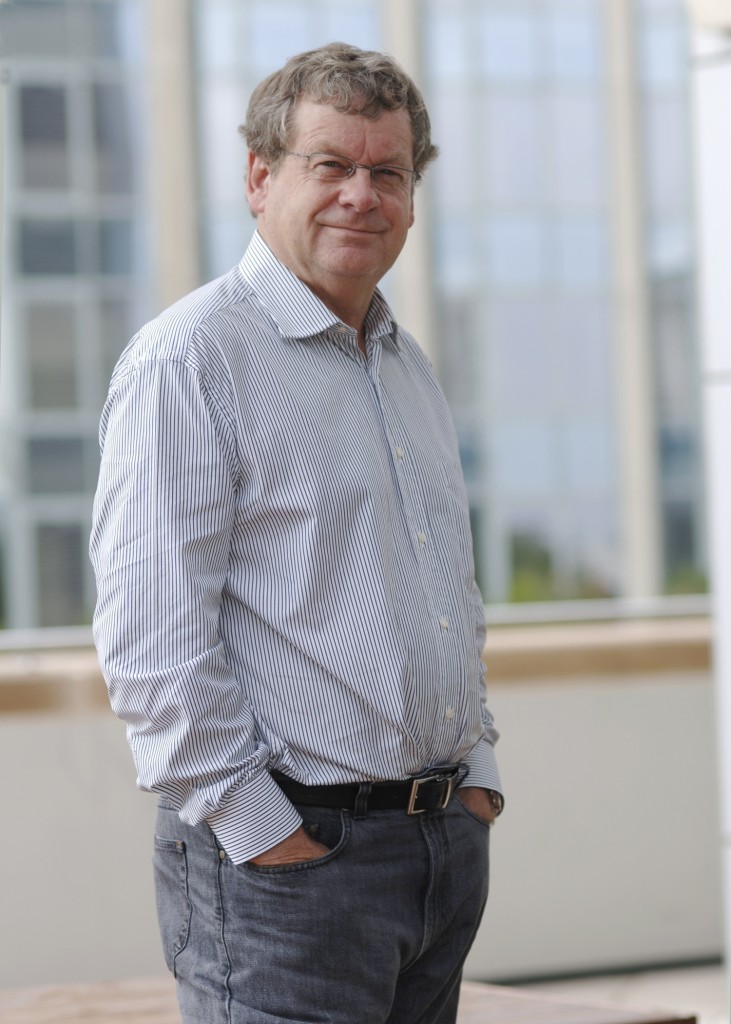Review: Reporting War by Chris Masters
- September 9th, 2013
- Posted in Anzac Day . australia . Book review
- Write comment
On Friday I attended the Chris Masters’ ‘Reporting War’ session at the Brisbane Writers Festival.
Chris is one of Australia’s best known investigative reporters, a multi Walkley Award winner but perhaps best known for his time at Four Corners and his work in the Fitzgerald Inquiry. The session was largely about writing Uncommon Soldier and his experiences in war reporting. This book is currently signed and awaiting my attention (a review will follow). This book won the Fellowship of Australian Writers National Literary Awards – Excellence in Non-fiction Award. It was shortlisted this year in the Prime Ministers Literary Awards – Non-fiction.
The session was interesting, and the book proves to be fascinating, as Chris touched on some of the characteristics of the modern Australian soldier as fighter, peacekeeper, diplomat and aid worker.
In discussing these characteristics he outlined how the battlefield had changed for today’s soldiers from large scale battles on open fields and trench war fare involving much of the world to an era of small wars where the enemy was often unknown and played out in human spaces – villages, nightclubs, office buildings. He said soldiers today had to make incredible split second decisions with terrible consequences should they get it wrong. One such decision might be to decide whether the person approaching you was a suicide bomber or a pregnant woman. One of the panel members asking questions was a Vietnam Veteran and it was interesting to realize that warfare had even changed since the era of the Vietnam War.
Perhaps in comparison to that era also where most soldiers were volunteers and/or conscription was enforced, at least in other countries, Chris said soldiers today were not only well educated–“you won’t find many dumb grunts around here”–but also acted more like beat cops protecting civilians, and in humanitarian roles. On this he said the very terminology of the soldier had changed by which the strategic corporal had become the strategic private.
He gave examples from East Timor where the locals highly esteemed the Australians present for their sensible and moderate approach to peacekeeping, particularly in countries where historically people in uniform were not to be trusted. This Chris also declared as thanks to their upbringing with an equally sensible, moderate and civil society – Australia.
From Uncommon Soldier quoting Australian Special Forces Major Ian Langford:
Australian Infantry and Special Forces have a reputation amongst their foreign colleagues for having a specific and unique focus on ground patrolling and physical presence as a mechanism for establishing security, rather than through alternative methods such as “free fire zones” and through the application of firepower as a means to control and dominate key terrain.
Chris sums this up well in Uncommon Soldier:
I became fascinated with the idea of the civilised soldier tempted by the possibility that Australians had qualities well suited peace keeping operations, where not fighting can be every bit as important as fighting.
Chris said he had met many young Australians on the battlefront and in peackeeping roles that would perhaps be considered louts on a street corner at home, but the military had molded them into having a sense of integrity, pride in their job and belief in their purpose that they took with them on mission, often in a short space of time. He talked a lot of the idea of a warrior nation born on the slopes of Gallipoli as silly and that Australians are not naturally warrior-like but far more naturally suited to peacekeeeping thanks to their roots in a sensible, moderate and civil society ie. “What they are taught matters as well as what they have inherited.”
This generated a lot of discussion about public perception of the Australian Defence Force, particularly in comparison to how the U.K. or U.S. public treats their defence personnel.
Chris also touched on the role of journalism moving forward. He didn’t think the era of the citizen journalist was going to be a good one, admitting it had its merits, but it didn’t encourage research or investigation.
The podcast of this session will be added to the UQ Journalism Department page within a week or so and will be provided here.
——————–
Feel free to email Jo at [email protected] with your comments/thoughts/photo aspirations. See and learn more at www.visitedplanet.com


No comments yet.